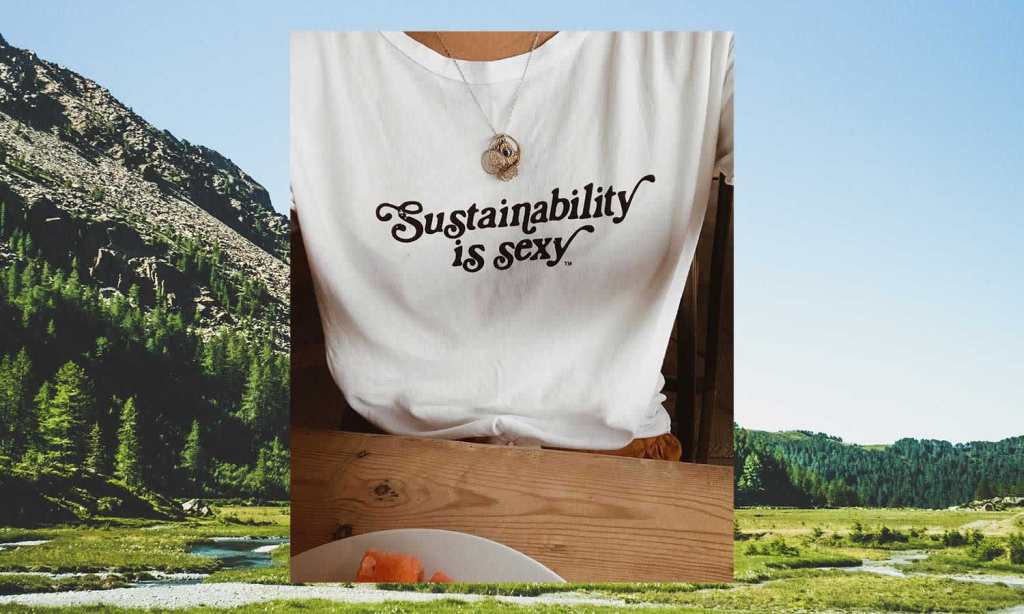We wear jewellery to accessorise an outfit, as embellishments to brighten our days, and to make us feel closer to certain people who’re special to us.
But for all the positivity our rings, bracelets and necklaces can bring us, it is worth noting that unless the pieces are made and sourced according to ethical and sustainable practices, then likely someone is getting hurt for you to wear them.
Niccii Kugler, founder of Nash + Banks — a curated lifestyle platform and online store bringing together authentic, remarkable and sustainable brands — says the jewellery industry has a hidden cost.
“Beneath the shiny surface, unethical practices occur both within the supply chain and the production process. The mining of metals, precious stones and diamonds has a heavily documented history of exploitation, conflict, Indigenous people’s rights violations, child labour and environmental degradation.”
According to Human Rights Watch, “An estimated one million — and possibly many more — children work globally in artisanal and small-scale mining, in violation of international human rights law, which defines work underground, underwater, or with dangerous substances as hazardous and, therefore, among the worst forms of child labor”.
Kugler says: “Supply chain transparency within the jewellery industry is challenging to achieve because materials are mined — often in impoverished regions around the world — and pass through many hands (often untraced) before entering the marketplace.
“In addition to this, the fashion and costume jewellery industry is rampant with not only cheaply made products but also those that are unethically made by workers who are paid very little for their labour and work in unsafe conditions.
Much like fast fashion labels, the jewellery produced in these conditions are often of low-quality, and are designed to last only a few wears before ultimately ending up in landfill, which Kugler says adds “to the devasting environmental cost of the fashion industry. It’s enough to dull the shine of any new bling”.
“It’s enough to dull the shine of any new bling.”
https://www.instagram.com/p/CAg-jvxgsrB/
In order for us to combat these unethical practices taking place, and to encourage change on a global level, Kugler says we all need to make more considered purchases and ensure we do our research before dropping cash on brands that feed into this dark side of the jewellery industry.
“Jewellery is often worn as a statement; as an expression of who we are. It is also given as a gift, to people whom we love and respect. By choosing labels that have integrity and purpose, we, as consumers, have the ability to drive change in more ways than one.
“Firstly, by actively supporting innovative brands producing products that minimise their impact on people and planet. At Nash + Banks, we are exposed to these passionate people on a daily basis and are inspired by what they achieve through their passion and perseverance.
“Secondly, industries built on exploitation don’t change for the better unless there is strong public pressure to do so. Consumer demand is already starting to impact supply chain accountability and force change in the industry. These are tangible results that remind us of the power that our purchase decisions have.
“And lastly, on a personal level, there is an added joy that comes with wearing a piece of jewellery that has been created consciously, with skill and respect.”
“There is a joy that comes with wearing a piece of jewellery that has been created consciously, with skill and respect
With so much saturation in the industry, and with new jewellery labels seemingly popping up every day, we have to wonder how on earth we can discover and be sure about those labels that are going about things the right way.
So we ask Kugler: When it comes to shopping for responsible brands, what is it exactly that we should be looking out for to ensure our purchases fall in line with our values, and that the brands we browse aren’t just pulling the wool over our eyes?
“Keep an eye out for the ‘Fairmined’ certification which governs the ethical practices of the mine that the metal or gemstone originated from — usually artisanal and small scale mining — including ensuring no child labour.
“If you’re buying a diamond, opt for a second-hand, lab-grown or ethical diamond to ensure you are not purchasing conflict diamonds. Or opt for supporting a brand like Article 22 who work with local artisans in Laos to recast undetonated bombs into meaningful wearable art.
“With sourcing responsibly produced jewellery, I would highly recommend investing in custom and limited-edition pieces by some of the incredible artisan jewellers in Australia. These are skilled metalsmiths — who create handcrafted pieces in small batches.
“Opt for vintage, antique or pieces made from recycled metals and stones. Sofia Maria, who is an artisan jeweller based in Manly, only uses recycled metals and ethically sourced gemstones in the pieces that she handmakes to order.
“Another option is to look for Fairtrade brands like Finders and Makers, who support and empower the female artisans that produce their jewellery. Buying Fairtrade empowers workers around the world by tackling poverty and poor working conditions, as well as promoting environmental conservation. It also promotes gender equality by providing stable and regulated employment solutions for women.”







